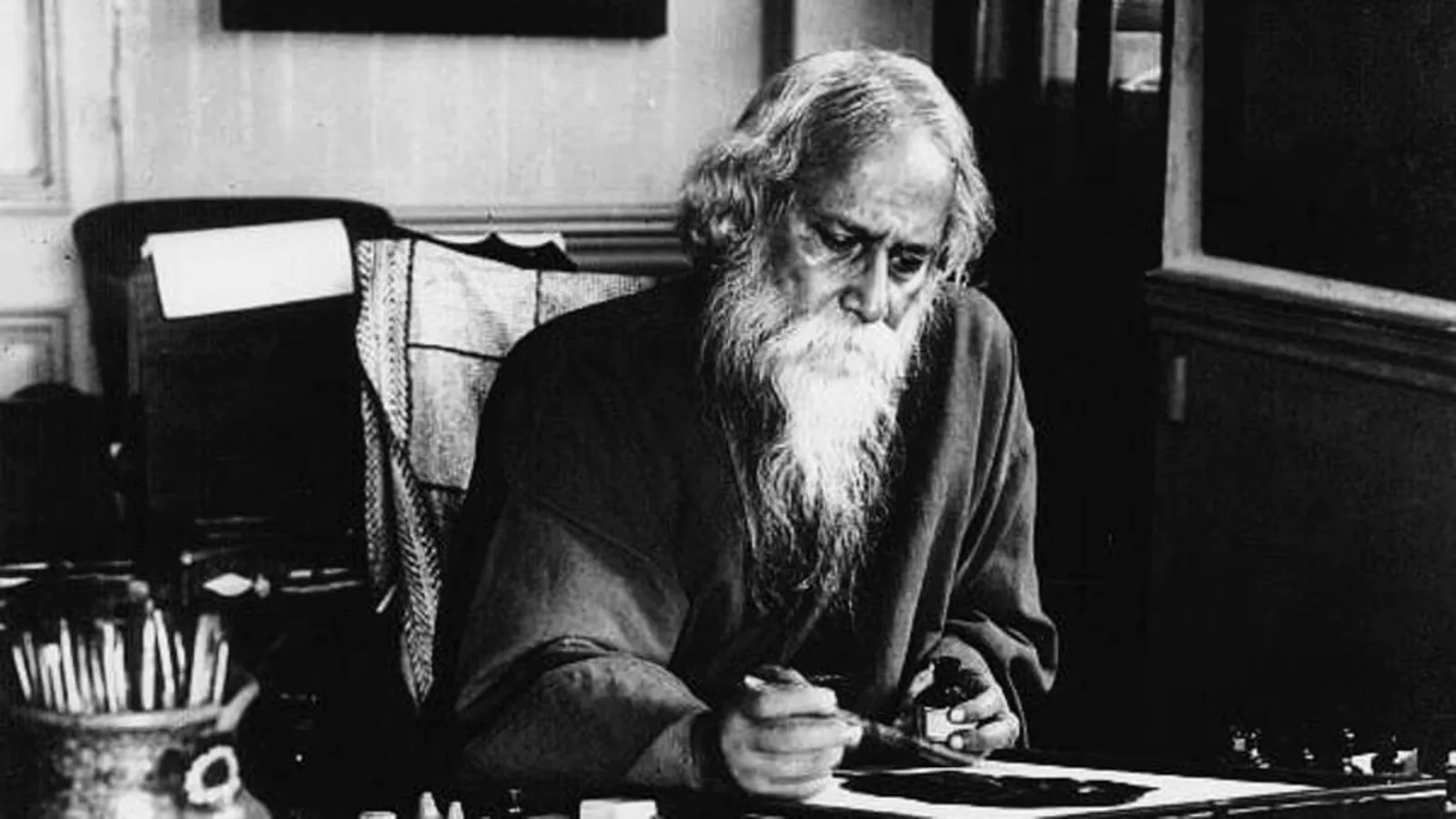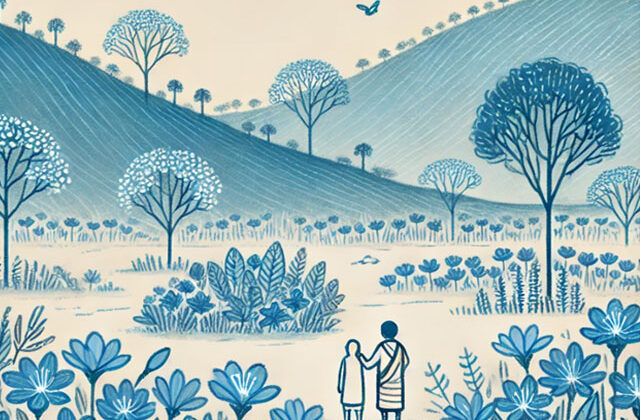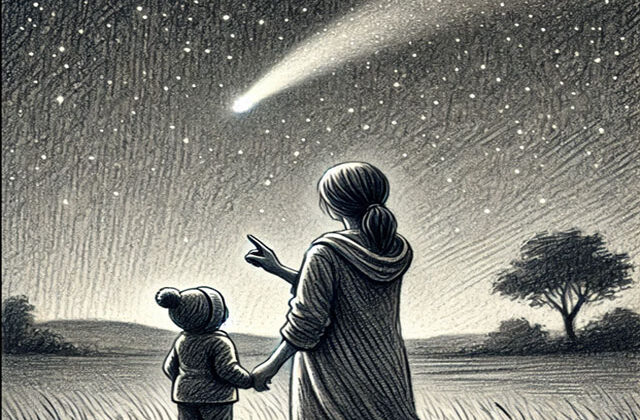Fabulous Personalities-18

DR.SUNDAR RAM MBBS., MD
Rabindranath Tagore was an icon of Indian culture. He was a Bengali polymath- poet, philosopher, musician, writer, social reformer and educationist. He was popularly called as Gurudev and his songs were popularly known as Rabindrasangeet. Rabindranath Tagore became the first Asian(non-European) to become Nobel laureate when he won the Nobel prize for his collection of poems, GITANJALI, in 1913.
EARLY LIFE
Rabindranath Tagore was born on May 07,1861 (25 Baisakh in the Bangla Calendar) into the affluent and culturally rich Tagore family of Kolkatta’s Jorsanko. His grandfather was Prince Dwarkanath Tagore and his father was Debendranath Tagore . His ancestors played a major role in Bengal Renaissance of the nineteenth century and the movement for reforms in religion and society of contemporary Bengal. Raja Ram Mohan Roy was a close family friend and his ideals had profound influence on Tagore. His father had studied about numerous religions and philosophies of the world and finally he found peace in the cultivation of Upanishads. His dad had influenced him to be humble, focused and yet detached, very logical and yet very emotional.
His formal education began in Kolkatta’s Oriental Seminary school but he did not like the conventional education and started studying by himself under several teachers. His mother Saradadevi expired when he was young. He started penning down poems at the age of 8. He started composing artworks at a tender age and by the age of 16, he had started publishing poems under the pseudonym Banusimha. He wrote the short story , ‘Bhikarini’ in 1877 and the poem collection , ‘Sandhya Sangit’ in 1882. He drew inspiration by reading the classical poetry of Kalidasa and started coming up with classical poems of his own.
FORMAL EDUCATION
Noticing his brother’s disdain for established methods of education in Bengal, his brother Satyendranath proposed that his brother be sent to England to become a barrister. And so in 1878, he sailed for England with his brother and studied in a public school in Brighton and then he was admitted to the College of London University. However he did not complete his formal education and left for home after a year. But his stay in England was tremendously productive from an intellectual point of view as he could observe and interpret the ways and achievements of the western civilization very directly and profitably.
CONTRIBUTIONS AND RECOGNITIONS
Tagore modernized Bengali art by spurning rigid classical forms and resisting linguistic strictures. His novels, short stories, songs, dance dramas and essays spoke to topics political and personal.
- Gitanjali (Song Offerings), Gora (Fair-Faced) and Ghare-Baire
(The Home and the World) are his best known works, and his verse, short stories, novels were acclaimed – or panned – for their lyricism, colloquialism, naturalism, and unnatural contemplation. - His compositions were chosen by two nations as national anthems: India’s “Jana Gana Mana” and Bangladesh’s “Amar Shonar Bangla”. The Srilankan national anthem was inspired from one of his poems and translated into Sinhalese.
- Tagore’s Bengali originals- the 1939 Rabindra Rachanavali- is canonized as one of his nation’s greatest cultural treasures, and he was recognized as the greatest poet India has ever produced.
- In 1913, he was awarded the Nobel Prize in Literature for his work “Gitanjali” becoming Asia’s first Nobel laureate.
- He was awarded knighthood by King George V in the 1915 Birthday honors, but he renounced it after the 1919 Jallianwala Bagh massacre.
- He is popularly known as the “Bard of Bengal” in Bengali circles.
- In 1921, he established the Viswabharati University.
• In 1940 , Oxford university arranged a special ceremony in Santiniketan and honored him with Doctorate of Literature.






